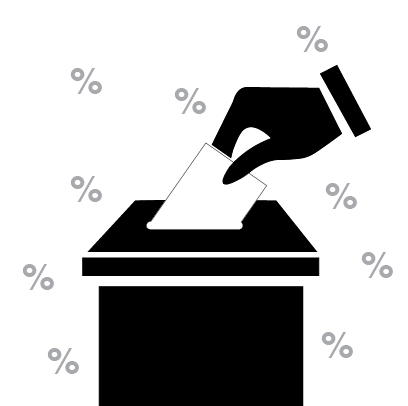According to a Sallie Mae study, only 56 percent of American college students had a credit card in 2016. Less than 50 percent have ever viewed their credit reports.
This is partially due to the Credit Card Accountability Responsibility and Disclosure Act of 2009. Under this rule, credit card issuers require a proof of income before issuing credit cards to consumers under the age of 21. Applicants either need to find a co-signer or a job in order for the application to be approved.
A possible argument against college students owning a credit card is that many students aren’t financially ready for a credit card. Many students are independent and away from home for the first time. Credit cards are a convenient type of ongoing loan. However, they make it possible for consumers to spend more than they have — leaving them to scramble to pay off the bill at the end of the month.
So when should students consider getting a credit card?
College students should consider a credit card after they learn how to use one with discipline. A credit card is a serious tool that affects one’s future, so it is important one knows how to use it correctly.
You should only focus on buying what you can afford out of your bank account or in cash with your credit card. Also, always pay your credit cards off on time and in-full.
A common mistake is only paying the minimum due on the account. Although the account won’t be considered late, you’ll end up paying interest that can quickly grow.
All students should consider getting a credit card because it is a key component in building credit history for the future. Credit history is reviewed when one applies for credit cards, loans or smartphone plans. It even has an influence over getting an apartment, insurance or a job. It’s important to learn about building credit without being in debt.
There are credit cards designed with students in mind. These cards offer certain features that fit the general lifestyle of students and are intended for people who don’t already have a lot of credit history established. Some will earn users rewards as they spend money using the card. Others might have a zero percent interest period which lets users pay off a big expense over time without having to pay interest. Most credit cards come with shopping benefits that provide confidence. Many of these benefits focus on price and return protections.
As one continues to increase credit history and scores, more credit card options become available.
Credit card success comes down to the person behind the card. If you use a credit card responsibly, it is a great tool that helps build credit.
Jacob Lunduski is the Community Outreach Director at Credit Card Insider.






